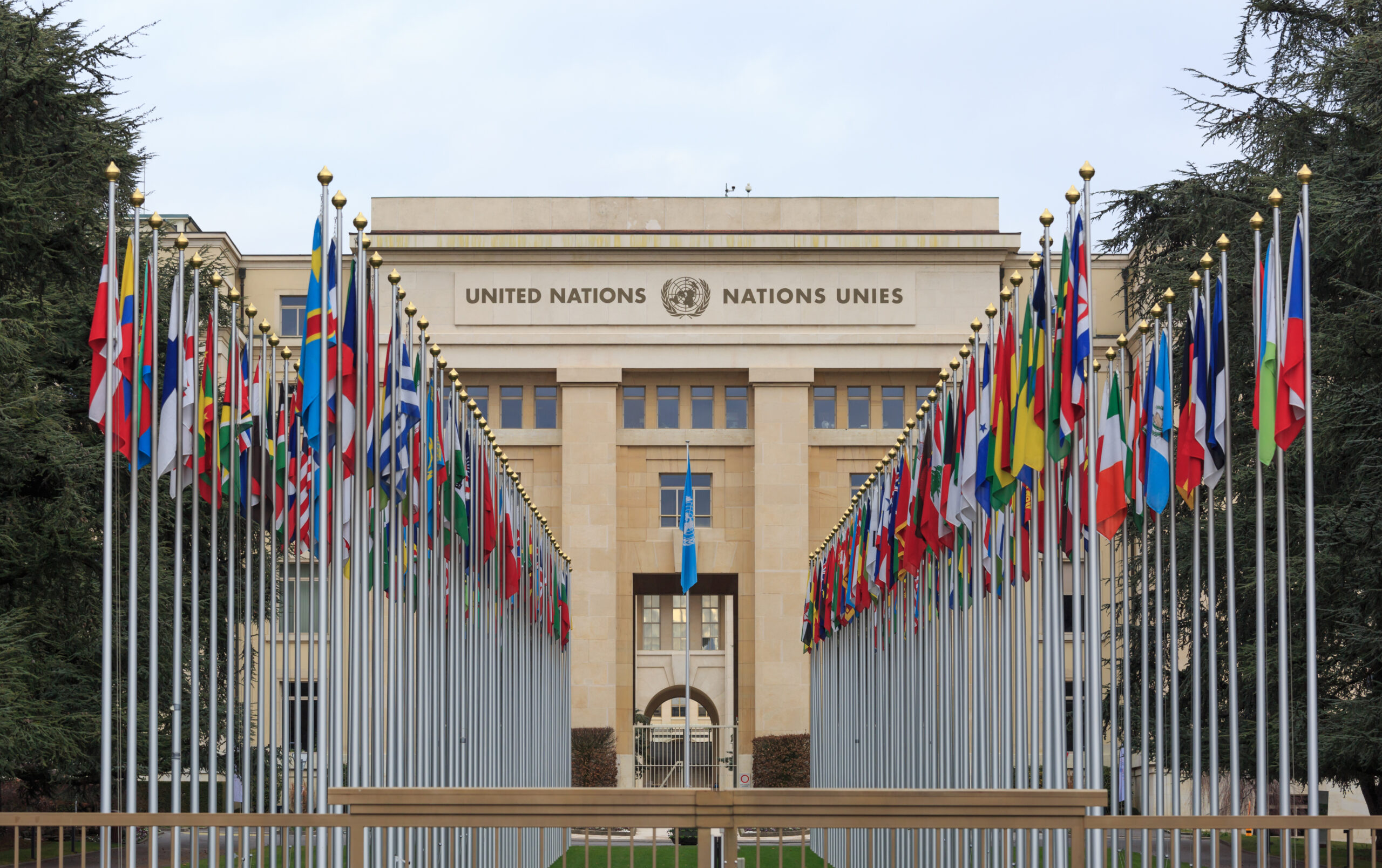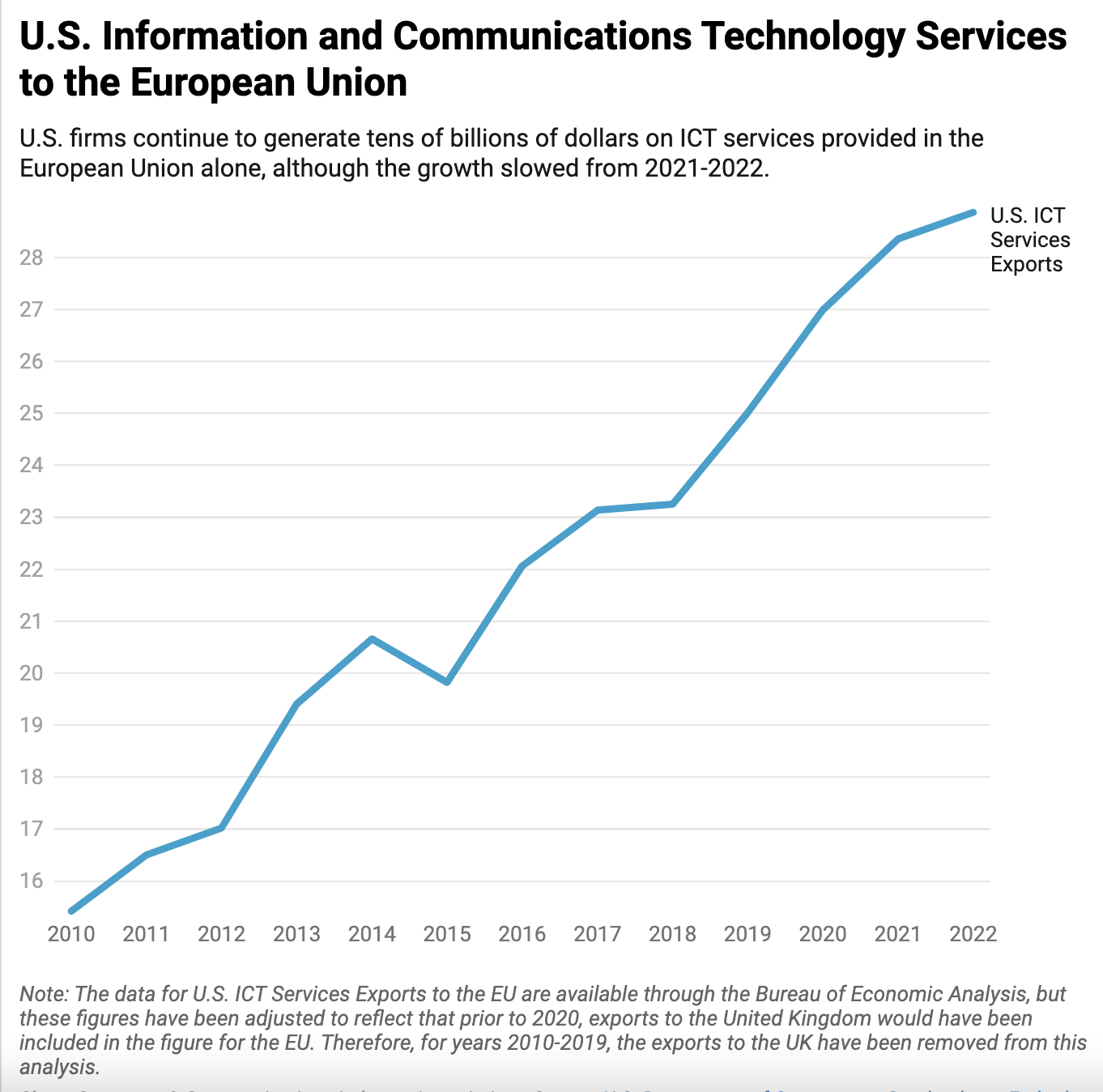Digital Advertising: Another Unintended Casualty of the House Breakup Bills?

As with several other business models, advertising-supported Internet services and their users are on the list of potential collateral damage from the House package of tech regulatory proposals introduced earlier this summer. This legislative package, collectively dubbed the ‘breakup bills’ for their focus on government structural interventions to solve perceived ills, stands to make digital advertising less safe and less useful.
The impact on digital advertising could dramatically affect advertisers, the places where they advertise, and most importantly, the consumer. This is because today, many websites and apps utilize digital advertising to support their free-to-the-user online products. These websites often use third-party ads services to easily reach audiences with relevant advertising. While websites and apps can and do handle the placement of advertising around their content, many others turn to specialized services with expertise in uniting advertisers with places they can advertise. This allows the website to stay focused on their core content or product, while still producing results for advertisers. However, this entire model could be disrupted by the House breakup bills.
Impact on safety
If these bills were enacted (namely ACIOA and EPMA), covered platforms could be compelled to offer any advertising service equivalent access to their platform, regardless of that service’s quality or commitment to safety. While the overwhelming majority of advertisers are good actors, occasionally bad actors try to exploit the system to promote harmful or dangerous content. Digital services are increasingly taking a variety of affirmative steps to address harmful content and remove unsafe ads by partnering with marketers and agencies, including in forums such as the Global Alliance for Responsible Media (GARM). Collectively, these efforts aim to stamp out harmful advertising content.
If enacted, however, the House bills could restrict efforts to address bad actors in the advertising ecosystem, which would result in exposing consumers and brands to harmful and unsafe ads content. For example, by circumscribing how services’ can act against problematic content, the bills would reduce platforms’ ability to address advertisements pertaining to hate speech and disinformation. Should an ad-based platform take action against an advertising network over harmful content, for example, to could be subjected to lawsuits claiming unlawful “discrimination.”
This is related to an unintended consequence discussed here previously: the bills could have the perverse outcome of compelling digital services to host discriminatory content in the name of non-discrimination, by hamstringing companies’ efforts to moderate objectionable content. Equal treatment mandates would apply with equal force to site content as well as advertisements.
And within ad-supported services, common functionality like spam filters and malware protections would not necessarily be integrated, as this integration could itself be seen as “discriminatory conduct” that excludes rival security products. Forcing a platform to allow any security product that presents itself as a competitor would put consumers at risk.
Impact on quality
Beyond content moderation in ads, the ACIOA would affect ad quality more broadly. Most Internet users have encountered lower quality ads at some point: misleading clickbait that directs users to dubious or irrelevant content. Some websites maintain quality standards for ads, however, to ensure that users experience vetted, reliable ads. But under the ACIOA, services may be compelled to open their platforms to lower quality advertisements, along with unconstrained political advertising. If so, consumers’ experience on services including Google Search, YouTube, Facebook and others could experience an increase in ads that are clickbait-ish at best, or unsafe at worst. Brands could be forced to choose between foregoing all digital advertising and running the risk that their brand appears alongside low-quality, unvetted advertisements.
Consequences for a free Internet
As I have noted previously, proponents of the House bills appear to assume that companies would simply continue operating as before, despite the House bills’ breakup provisions. This is not a safe assumption. Business models will evolve in response, with consequences for third parties who benefit from those models. Because any preferencing of a platform’s ads or ad services over other ad providers would create the risk of litigation and punitive penalties, the House bills would incentivize companies to shift away from ad-supported business models. This would reduce consumers’ access to free content and services to which they assign thousands of dollars of value, and would disrupt a valuable channel for brands to reach potential customers. This effect would undermine the unprecedented democratization of information enabled by ad-supported digital services. Given these stakes, the bills require a rethink, with unintended consequences in mind.








